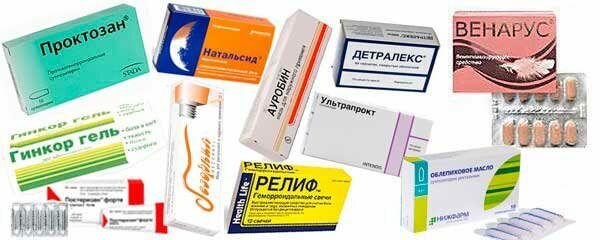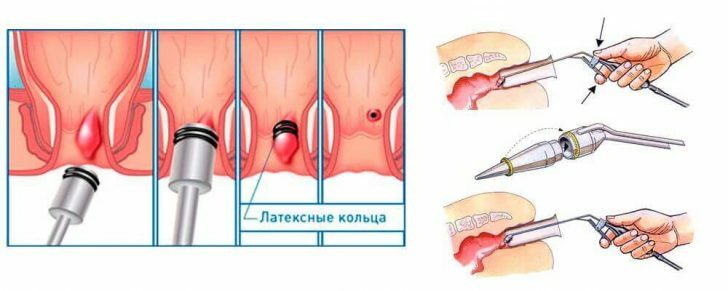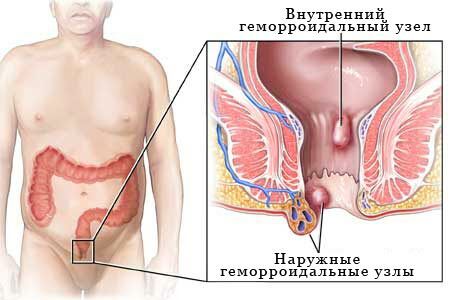Protein infection: symptoms, treatment and prevention
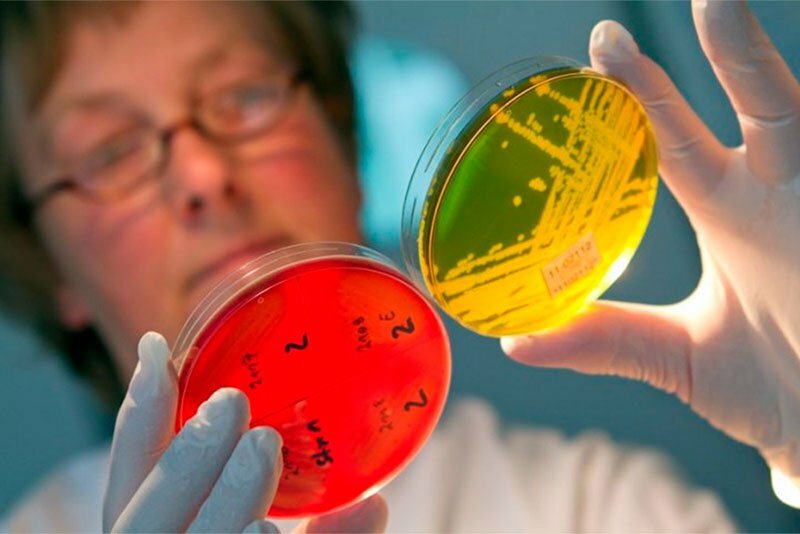 Proteus( Proteus) is a conditionally pathogenic inhabitant of the intestines of humans and animals, which can exist for a long time in water and soil.For a long time this microorganism was not given much importance in the development of infectious and inflammatory diseases.But recently, in connection with the improvement of diagnostics, the role of the proteus as a causative agent of serious ailments is confirmed more often.At the same time, he often becomes the cause of nosocomial( hospital - related to stay in a medical institution) infectious diseases, which are difficult to treat.
Proteus( Proteus) is a conditionally pathogenic inhabitant of the intestines of humans and animals, which can exist for a long time in water and soil.For a long time this microorganism was not given much importance in the development of infectious and inflammatory diseases.But recently, in connection with the improvement of diagnostics, the role of the proteus as a causative agent of serious ailments is confirmed more often.At the same time, he often becomes the cause of nosocomial( hospital - related to stay in a medical institution) infectious diseases, which are difficult to treat.
Protein infection: infection routes
Sources of progestin infection are sick people and animals, with feces of which pathogenic microorganisms in large quantities are released into the environment. Proteus can then penetrate the human body in the following ways:
- With food, contaminated pathogen( mainly with spoiled meat and dairy products, fish, unwashed vegetables and fruits, etc.).
- Through the water( when bathing and swallowing water).
- Through dirty hands, dishes, household items.
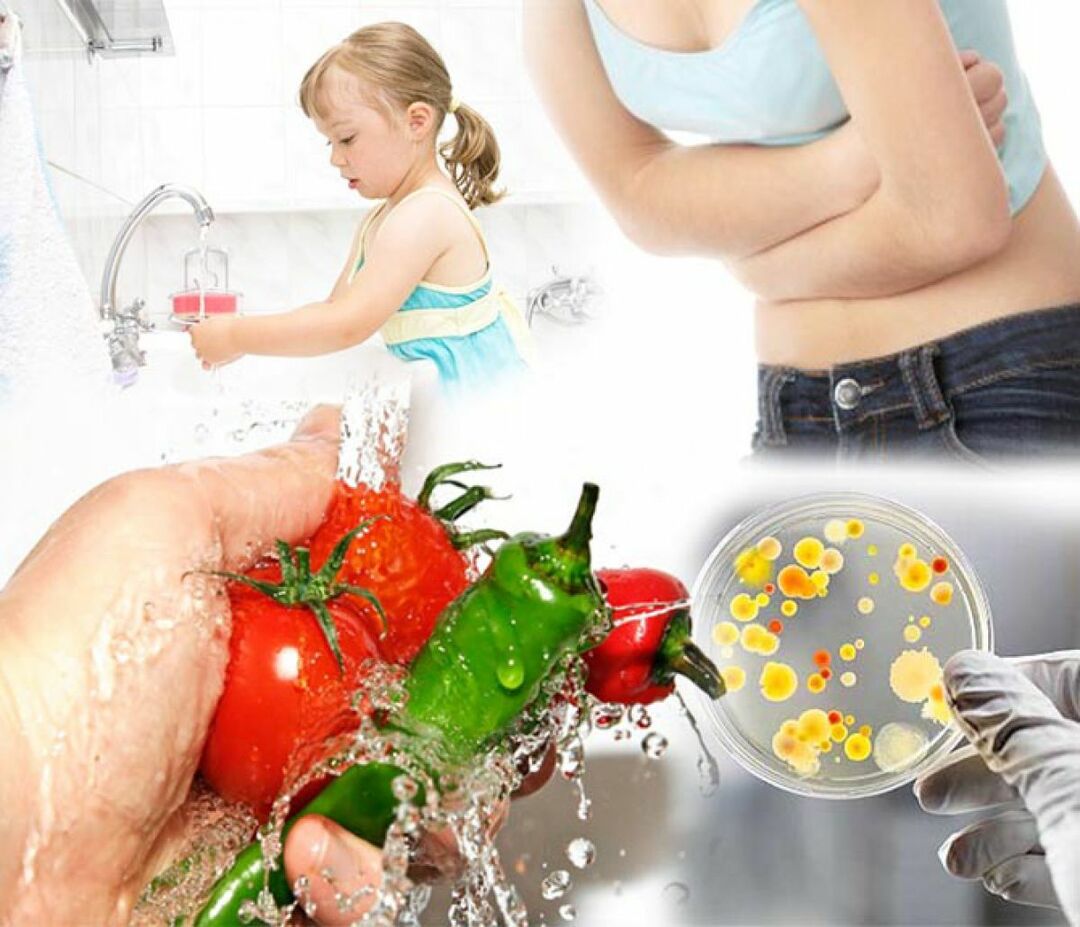 Separately, it is worth highlighting the peculiarities of infection of the proteus in medical institutions.Transmission of this infection in them occurs mainly through the tools that doctors and nurses use during medical manipulations, as well as care items for patients.As a result of such infection, wound infection, pyelonephritis( inflammation of the cups and pelvis of the kidney), inflammation of the navel in the newborn, otitis, sinusitis, etc. develop.
Separately, it is worth highlighting the peculiarities of infection of the proteus in medical institutions.Transmission of this infection in them occurs mainly through the tools that doctors and nurses use during medical manipulations, as well as care items for patients.As a result of such infection, wound infection, pyelonephritis( inflammation of the cups and pelvis of the kidney), inflammation of the navel in the newborn, otitis, sinusitis, etc. develop.
Factors contributing to the development of inflammatory processes during infection with the prosthesis are:
- uncontrolled antibiotic intake;
- weakening of the body's defenses due to chronic diseases, immunodeficiencies, blood pathologies, physiological immaturity of the immune system in newborn babies and toddlers for up to a year, as well as age-related immunity in the elderly.
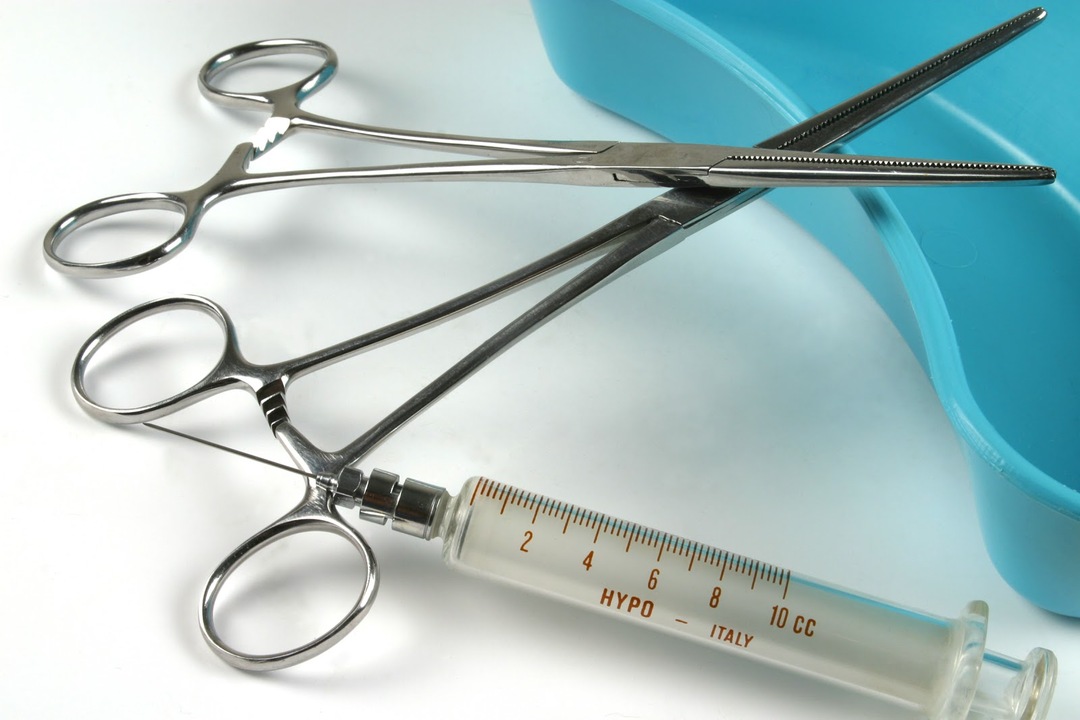
How does a prosthetic infection develop?
In healthy people this microorganism can be in the lower parts of the digestive tract for a long time without any pathological signs.However, the disturbance of the normal intestinal microflora towards a decrease in the number of E. coli, bifidus and lactobacilli becomes an ideal soil for the activation of microbes such as proteas.Developing in such situations, the condition is called the intestinal dysbiosis.If a person "eats" a large number of proteins together with poor-quality products or water, he will likely have symptoms of acute gastroenteritis.
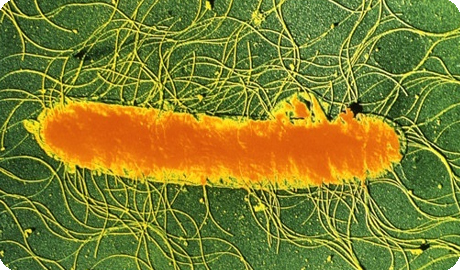
When protheus penetrates from the external environment into those places of the human body, where this bacterium should not be present in the norm, purulent-inflammatory diseases develop.The localization of such inflammatory processes can be any - urino-genital organs, wounds, ear, paranasal sinuses, etc.
Proteus: symptoms of diseases
The incubation period for diseases caused by a prosthesis usually lasts from a few hours to 2-3 days.Specific symptoms, characteristic names for this infection, no. For example, if lesions of the gastrointestinal tract are damaged, the symptoms appear in the patients that are also present in other acute infectious diseases of the digestive tract:
- elevated temperature;
- weakness, headache and other manifestations of intoxication( proteus synthesizes endotoxin);
- nausea and vomiting;
- disorder of stool( the feces become liquid and fetid, defecation is repeated 4-5 times a day);
- cramping abnormal abdominal pain;
- rumbling in the intestines and flatulence.
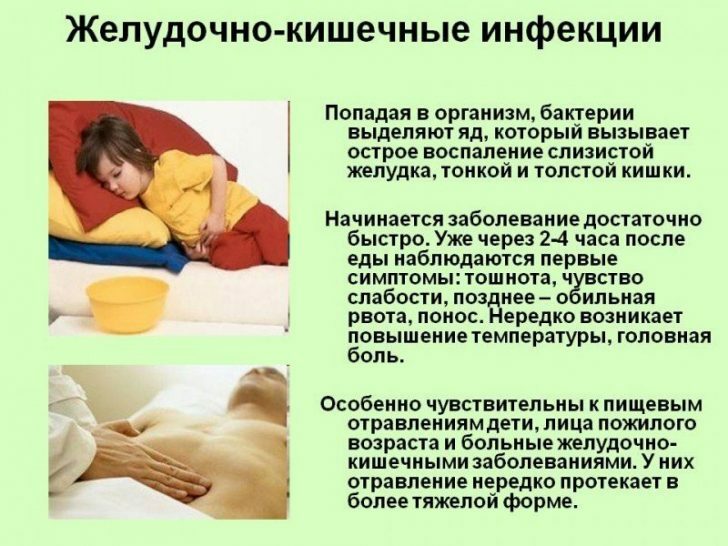 If the urinary tract is affected, pain occurs when urinating( with cystitis, urethritis), intoxication, body temperature rises, and laboratory signs of the inflammatory process appear in the urine.With wound protein infection, wounds fester and poorly heal.
If the urinary tract is affected, pain occurs when urinating( with cystitis, urethritis), intoxication, body temperature rises, and laboratory signs of the inflammatory process appear in the urine.With wound protein infection, wounds fester and poorly heal.
Proteus in children
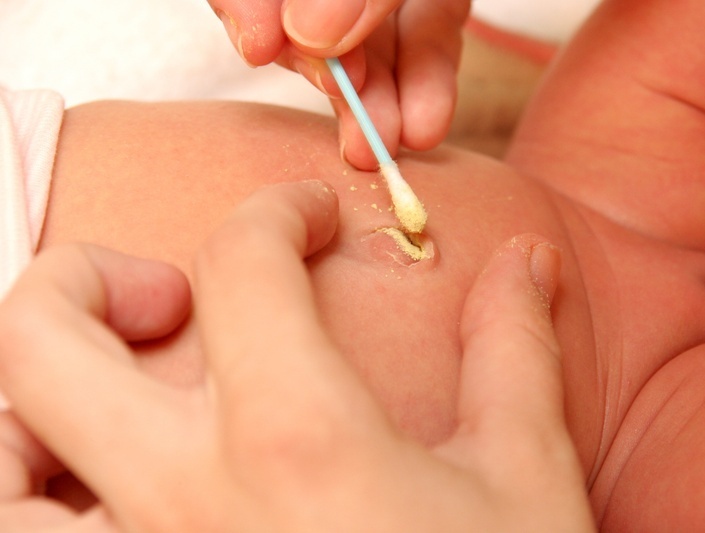 Protein infection is especially dangerous for newborns, who can face it in medical institutions( maternity hospital, neonatal departments). As a result of infection, babies develop severe toxicosis, vomiting, diarrhea and severe dehydration.In addition, the probability of infection with umbilical cord infection and the occurrence of omphalitis is high.This inflammation very quickly spreads to the umbilical and portal veins, which is fraught with sepsis.In addition, infection with a newborn baby can lead to the development of acute purulent meningitis.
Protein infection is especially dangerous for newborns, who can face it in medical institutions( maternity hospital, neonatal departments). As a result of infection, babies develop severe toxicosis, vomiting, diarrhea and severe dehydration.In addition, the probability of infection with umbilical cord infection and the occurrence of omphalitis is high.This inflammation very quickly spreads to the umbilical and portal veins, which is fraught with sepsis.In addition, infection with a newborn baby can lead to the development of acute purulent meningitis.
In more adult children, the proteus infection is most often manifested by symptoms of gastrointestinal tract, urinary tract, ear, paranasal sinus, lung, as well as purulent inflammatory processes on the skin.
Diagnosis
The primary diagnosis of diseases caused by a prosthesis is based on the clinical picture and the detection of the presence of risk factors in the patient. The main and most reliable method for diagnosing a protein infection is the bacteriological , that is, the sowing of material taken from the patient, to nutrient media and excretion of the pathogen.The test material can be feces, urine, wounds that can be separated, ear extracts - it all depends on the form of the infection.
In addition, serological tests on proteas also have a certain value, but their result is no longer suitable for detection, but for retrospective confirmation of infection, since the doctor can receive the final data only 2 weeks after the initial analysis.By this time the patient can already be healthy.
Protein infection treatment
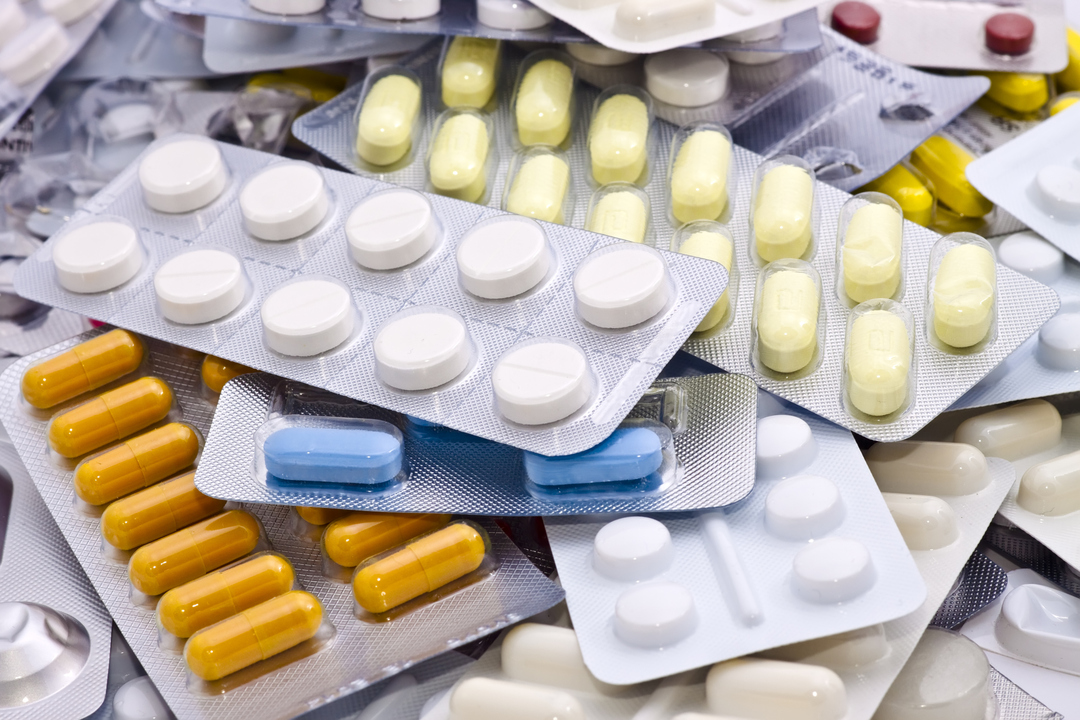 Antibiotics are used for the treatment of prostate infection in most cases.And for really effective antibacterial therapy, you need to make an antibioticogram - an analysis of the sensitivity of the pathogen to various antibacterial drugs.This study is particularly important in the case of hospital illnesses, since the proteins that invoke them are almost always insensitive to many antibiotics, so standard treatment may not be sufficiently effective.To such patients antibacterial preparations for treatment of a proteus usually appoint not one by one, but combine several to completely destroy the pathogen.
Antibiotics are used for the treatment of prostate infection in most cases.And for really effective antibacterial therapy, you need to make an antibioticogram - an analysis of the sensitivity of the pathogen to various antibacterial drugs.This study is particularly important in the case of hospital illnesses, since the proteins that invoke them are almost always insensitive to many antibiotics, so standard treatment may not be sufficiently effective.To such patients antibacterial preparations for treatment of a proteus usually appoint not one by one, but combine several to completely destroy the pathogen.
In addition, with proteine infection, bacteriophages are widely used( preparations containing viruses of bacteria).Especially often they are prescribed for dysbacteriosis and excessive growth of the protea on the stool of small children.
Another important point in the treatment of prostate infection is the restoration of normal intestinal microflora.To do this, use special bacterial preparations and prebiotics( drugs containing substances that ensure good reproduction in the intestines of "useful" microorganisms).
Immunomodulating agents and autovaccines( immunological drugs created on the basis of a pathogenic bacterium isolated from a patient) can be used in patients with a protian infection against a weakened immune system.
Symptomatic treatment for diseases caused by a prostate is prescribed depending on the presence of specific signs.If necessary, detoxification therapy, rehydration, enterosorbents, antipyretic agents, etc. are used.
Prophylaxis
In the home, a person can prevent infection with a prosthesis as follows:
- Observing basic hygiene rules.
- By using high-quality products that have undergone sufficient heat treatment, as well as safe water.
- Maintaining cleanliness in the house.
 Prophylaxis of the same proteus infection in medical institutions is already the task of medical workers.And it is important that in hospitals not only sanitary and hygienic rules are observed( qualitative disinfection, sterilization, separation of "clean" and "purulent" patients, etc.), but also minimized any invasive manipulations during which, in most casesAnd infection occurs.
Prophylaxis of the same proteus infection in medical institutions is already the task of medical workers.And it is important that in hospitals not only sanitary and hygienic rules are observed( qualitative disinfection, sterilization, separation of "clean" and "purulent" patients, etc.), but also minimized any invasive manipulations during which, in most casesAnd infection occurs.
Regarding the prevention of the activation of the "native" protease in the intestine, the main thing to remember is that it is not self-medicated with antibiotics. These drugs, with mismanagement, most often provoke the development of serious dysbiosis.
Zubkova Olga Sergeevna, medical reviewer, epidemiologist

